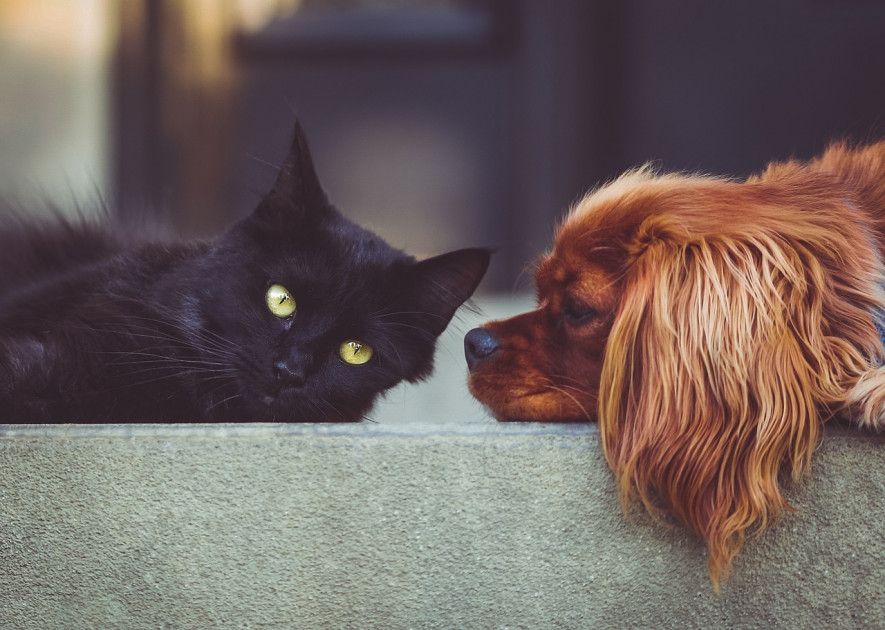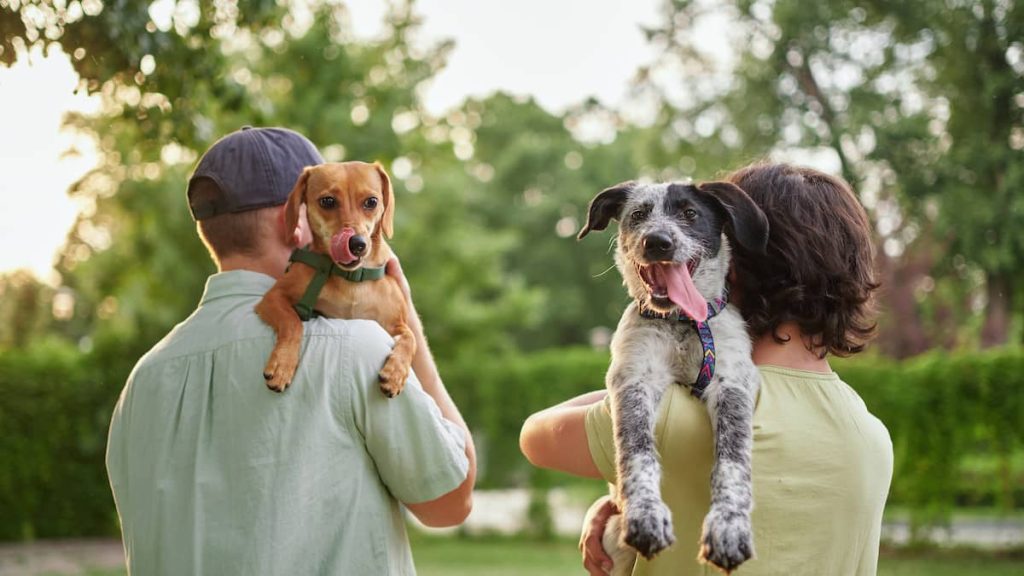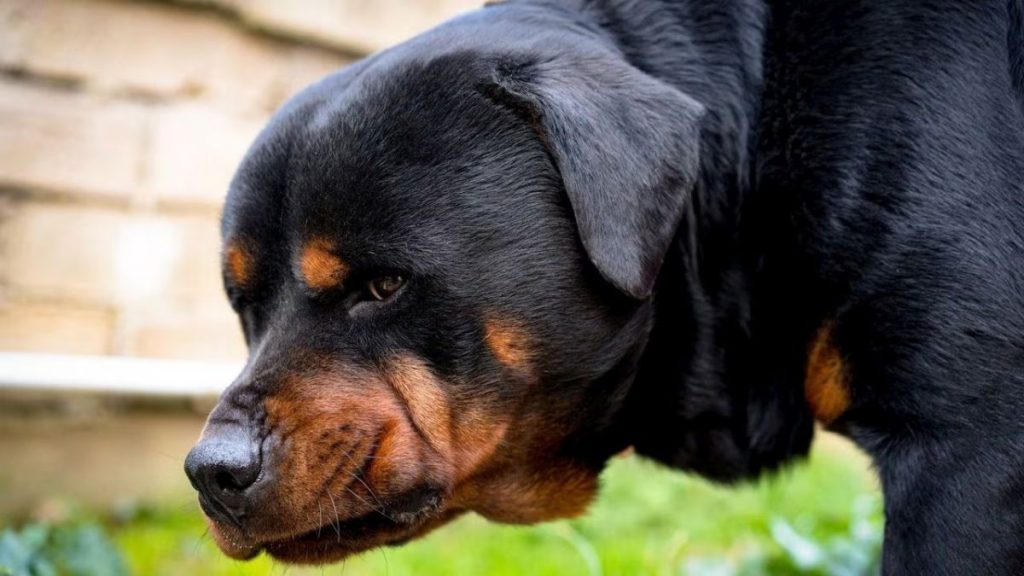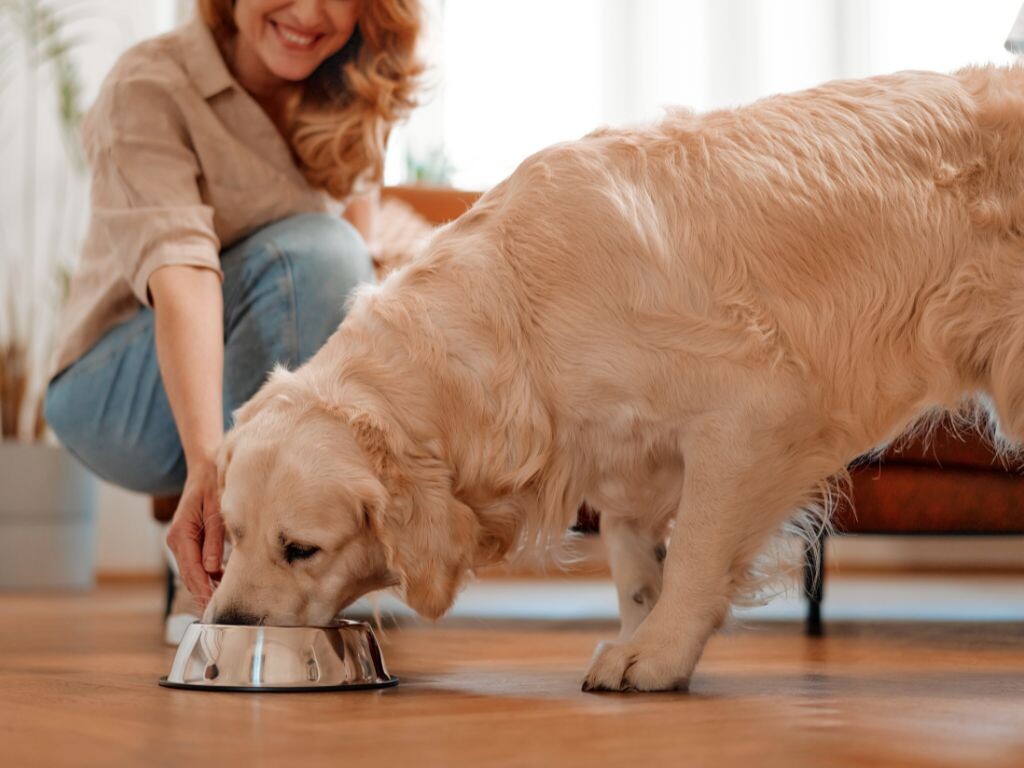
On March 1, the government voted in favor of an amendment aimed at compulsorily authorizing pets in nursing homes, as part of the Aging well law. Following the Senate's rejection on February 6, a joint committee will meet on the issue on March 12. For the moment, establishments welcoming the elderly have the decision to accept, or not, their residents' animals. However, to date, the vast majority refuse them. A situation deemed “intolerable” by MP Philippe Juvin.
In addition to health issues or even psychological well-being, this decision reopens the debate on overpopulation of animals of company. Indeed, the political scientist François Gemenne, member of the IPCC, affirmed in December on LCI that “the cat is a disaster for biodiversity, the dog is a disaster for the climate”. However, if it is true that our furballs have an impact, these statements are qualified by several experts.
Predators of sometimes vulnerable species
These accusations mainly come from the fact that domestic cats are predators of small wildlife. They attack many species of rodents and birds. This statement also applies, to a lesser extent, to domestic dogs. Among the most affected fauna are the red squirrel, the lerot, the house sparrow, the blackbird and the Turkish dove. However, while the number of domestic cats is estimated at fifteen million in France in 2022, and dogs at 7.6 million, some of these wild species are weakened.
However, this impact of cats and dogs, domestic or not, on biodiversity remains in the minority. Indeed, as the LPO reminds us, “the loss of biodiversity is mainly due to the destruction of natural habitats and various pollution, particularly that linked to pesticides”. The association estimates that 10% of the animals collected in its care centers have been victims of cats. A real but not significant impact.
On the other hand, the problem arises more in vulnerable environments where the cat was introduced. On certain islands, the proliferation of this animal causes a real danger for endemic species, sometimes contributing to their disappearance. For example, within the Arctic archipelago of Kerguelen, they are now prohibited.
Meat-hungry animals?
A second question concerns pet nutrition. The problem mainly arises for dogs. Indeed, Man's best friend is accused of consuming a lot of Red meat. However, livestock farming, particularly cattle, is responsible for 12% of greenhouse gas emissions caused by human activity.
However, this accusation must also be put into perspective. Firstly, because it only concerns certain large breeds. Then, because dogs eat 90% kibble. On this subject, animal nutrition expert Sébastien Lefebvre explained to AFP last December that “in kibble, we find what we call co-products. (…) We find many things there that we don't eat us as human beings: from the guts, from the heart, from the unvalued meat“. The researcher considers that this meat rather optimizes that consumed by humans.
Sébastien Lefebvre also cites to AFP a report from Facco (referent for pet nutrition) published in 2022. This study estimates thecarbon footprint of a cat domestic to 40-50 kg of CO2 per year, and 130 kg for a dog weighing more than 15 kg. In comparison, the French have an average carbon footprint of more than nine tonnes of CO2 per year.
Solutions to limit the impact of pets
Experts and nature protection associations nevertheless agree on recommendations aimed at limiting the environmental impact of cats and dogs. Regarding food, it is advisable to favor poultry or pork croquettes, whose production pollutes less. In addition, providing your animal with sufficient food can limit its desire to hunt.
Concerning the impact of cats on endemic species, it is necessary to stop introducing them into territories where they did not exist. It is also recommended to control your feline's outings during sensitive periods for birds or after storms, to give wildlife time to recover. It is also strongly encouraged to sterilize your cat to prevent the species from proliferating.
Finally, don't not abandon your animal, in addition to sparing it a cruel fate, it also prevents it from proliferating and hunting protected species. However, a legal obligation to accept pets in nursing homes would help move in this direction.




